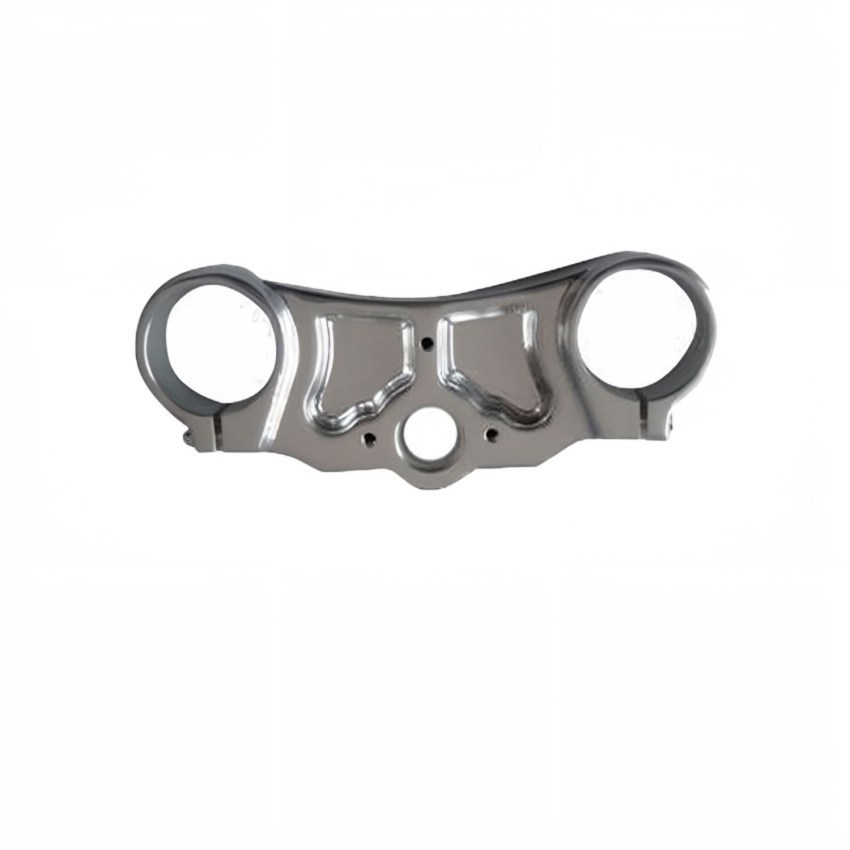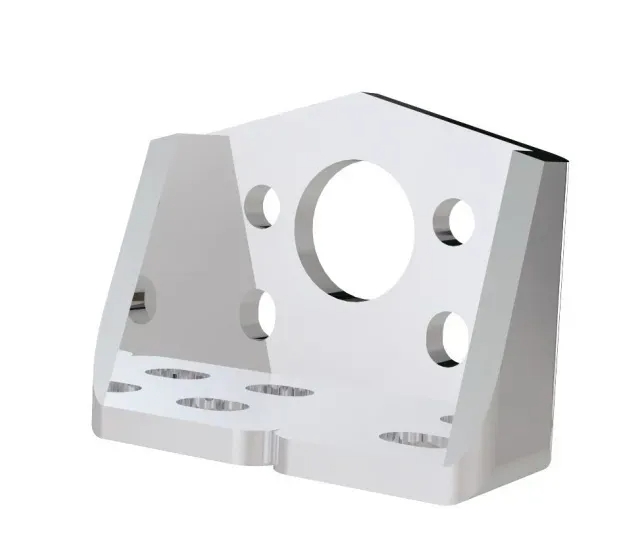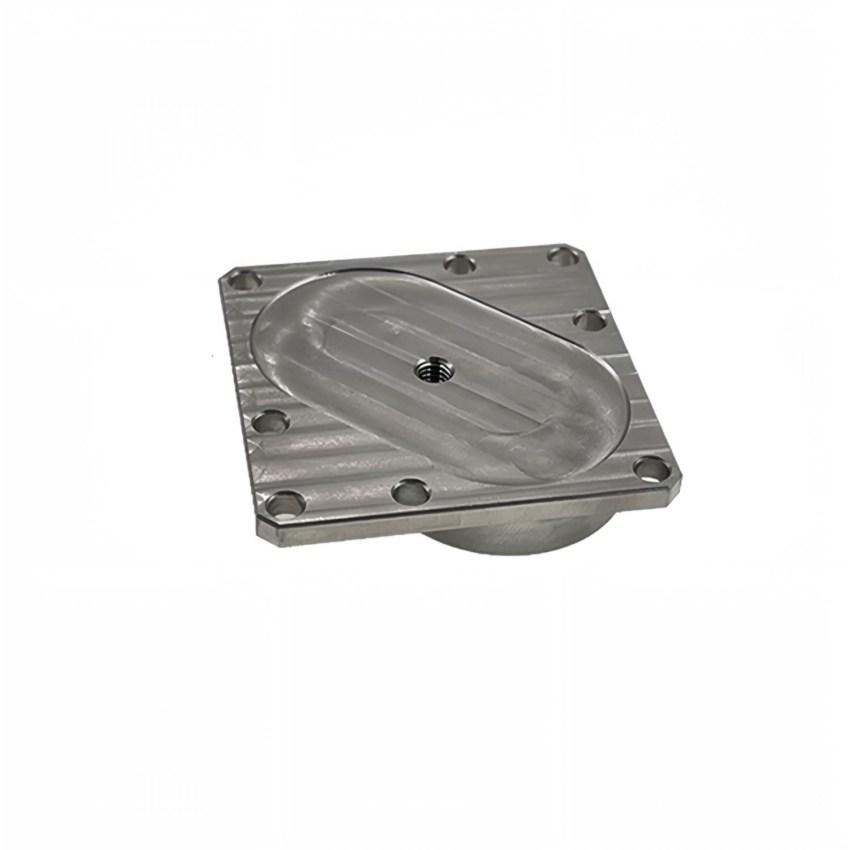Key Factors to Consider When Partnering with a Precision Metal Working Firm
Release time:
2025-06-19
Key Factors to Consider When Partnering with a Precision Metal Working Firm Understanding the Importance of Precision Metal Working Precision metal working plays a critical role in various industries, from aerospace to automotive. The exactness in manufacturing components can determine the efficiency, safety, and overall performance of the final product. When seeking a partner in precision met

Key Factors to Consider When Partnering with a Precision Metal Working Firm
Understanding the Importance of Precision Metal Working
Precision metal working plays a critical role in various industries, from aerospace to automotive. The exactness in manufacturing components can determine the efficiency, safety, and overall performance of the final product. When seeking a partner in precision metal working, it is imperative to evaluate specific factors that contribute to a successful collaboration.
1. Evaluate Expertise and Experience
Assessing Industry Experience
When selecting a precision metal working firm, one of the first aspects to consider is their experience in the industry. A firm that has been operational for several years is likely to have encountered various challenges and developed effective solutions. This experience translates to better quality and reliability in their services.
Technical Proficiency and Specialization
Precision metal working encompasses various techniques and technologies. It is crucial to evaluate the firm's technical expertise and specialization areas. Are they adept in CNC machining, laser cutting, or metal forming? Understanding their capabilities will enable you to determine if they align with your specific project needs.
2. Quality Standards and Certifications
The Importance of Quality Assurance
Quality assurance is non-negotiable in precision metal working. A reputable firm will implement strict quality control measures and procedures. Look for firms that adhere to recognized international standards such as ISO 9001, which signifies a commitment to quality management systems.
Certifications to Consider
Certifications not only reflect a firm's dedication to quality but also their adherence to industry regulations. Certifications such as AS9100 for aerospace components or TS16949 for automotive parts can indicate a firm's ability to meet the stringent demands of specific sectors.
3. Technological Capability
State-of-the-Art Machinery and Equipment
The machinery and equipment used in precision metal working significantly impact production quality. A firm with advanced technology can offer superior precision and efficiency. It’s essential to inquire about their machinery, software, and technological processes.
Innovation and Adaptability
In today’s fast-paced manufacturing environment, the ability to adapt to new technologies is crucial. A partner that embraces innovation and invests in the latest technologies will help ensure that your projects remain cutting-edge.
4. Production Capacity and Scalability
Assessing Current Production Capabilities
Understanding a firm’s production capacity is vital, especially if you anticipate scaling your projects. Evaluate their ability to handle large-scale orders without compromising on quality. Can they manage tight deadlines and fluctuating demand?
Scalability for Future Projects
Consider partnering with a firm that can grow with your business. A scalable operation means they can adjust their capabilities to meet your future needs, whether it's increasing production rates or expanding service offerings.
5. Customization and Flexibility
The Need for Tailored Solutions
Precision metal working often requires customized solutions. A good partner should be willing to understand your unique requirements and adapt their processes accordingly. Whether you need specific materials or design alterations, flexibility is key.
Responsive Communication
Effective communication ensures that your requirements are understood and met. A responsive partner will facilitate a smoother production process and help address any issues promptly.
6. Cost Considerations
Understanding Pricing Structures
While cost should never be the sole factor in choosing a precision metal working firm, it is undeniably important. Understanding their pricing structures and what is included will help you make a more informed decision.
Balancing Quality and Cost
It is crucial to strike a balance between cost and quality. Sometimes, the cheapest option may not provide the quality you need. Evaluate potential partners based on the value they offer in relation to their pricing.
7. Customer References and Reviews
Seeking Feedback from Past Clients
One of the best ways to assess a firm’s reliability is through customer testimonials and case studies. Look for feedback regarding their work ethic, quality of products, and customer service.
Requesting References
Don’t hesitate to ask for references or to speak directly with previous clients. They can provide invaluable insights into their experiences with the firm, helping you make a more informed decision.
8. Long-term Partnership Potential
Evaluating Relationship Dynamics
Consider the potential for a long-term partnership. A collaborative relationship can lead to better understanding and improved efficiency over time. Assess whether the firm values long-term relationships and if they are willing to invest in your success.
Cultural Fit and Alignment
Finally, ensure that the firm’s values align with yours. A shared commitment to quality, ethics, and customer satisfaction will foster a more successful partnership.
FAQs About Partnering with Precision Metal Working Firms
1. What should I look for in a precision metal working firm?
Look for expertise, quality certifications, technological capabilities, production capacity, customization options, and positive customer references.
2. How important are certifications in the metal working industry?
Certifications reflect a firm's commitment to quality and adherence to industry standards, making them essential for ensuring reliability.
3. Can a precision metal working firm handle custom projects?
Many firms specialize in custom projects and should be willing to tailor their services to meet your specific needs.
4. What is the typical lead time for precision metal working projects?
Lead times vary based on project complexity and firm capacity but typically range from a few weeks to several months.
5. How can I ensure quality control in my projects?
Inquire about the firm's quality assurance processes, including inspections and testing, to ensure that your specifications are met.
Conclusion
Partnering with a precision metal working firm is a significant decision that can influence your project's success. By carefully evaluating factors such as expertise, quality standards, technological capabilities, and customer feedback, you can make an informed choice that aligns with your business goals. A well-chosen partner will not only meet your current needs but also grow with you, providing customized solutions and supporting your long-term success in the precision metal working industry.
Key words:





